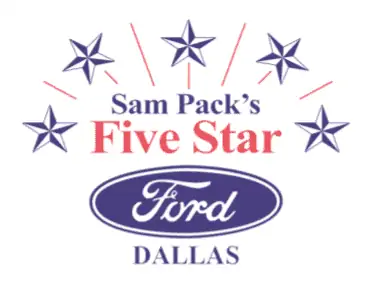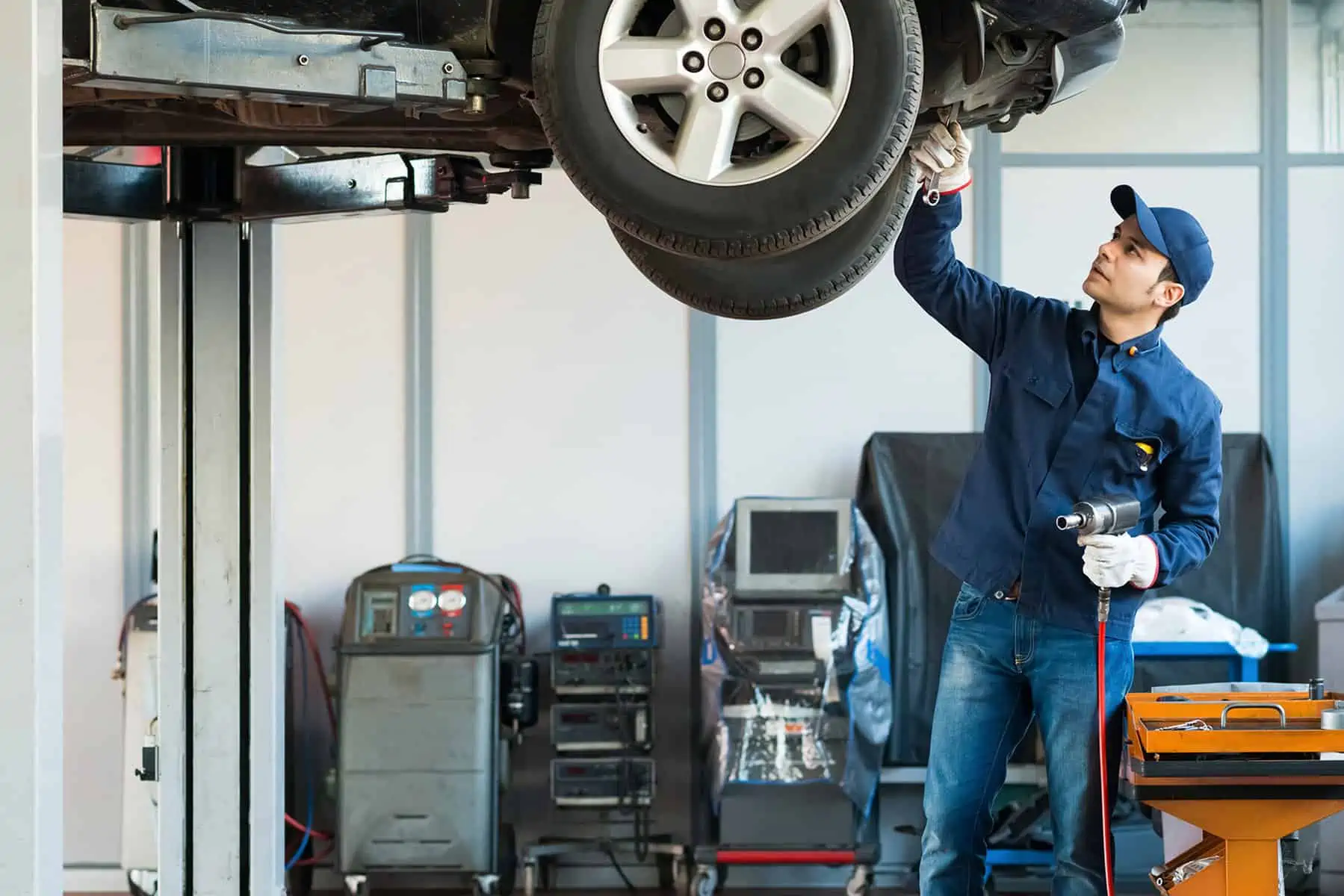It’s become pretty clear to me that dealers don’t want a shoulder to cry on—they want to take decisive actions. And one of the ways they can do this is to leverage the service drive (which is deemed “essential” in nearly every locale) to create revenue-generating opportunities.

Do I have your attention now?
Let’s begin by understanding how you can mine the data you have on your existing customers. That’s where customer experience management (CXM) software comes into play. As CRO Jim Huston suggests, harnessing the rich customer data in tools like AutoAlert can put you on a path to finding creative ways to drive revenue by increasing traffic in the service lane.

Why recalls? You’ll probably remember a time when handling recalls was something your dealership worked on only when there was nothing else to do. It was the afterthought of an afterthought. Not anymore.
As Huth can attest, having the ability to access recall data was a huge boon when Sam Pack Five Star Ford was forced to close its showroom. With about 50% of their customers laid off or furloughed, they understood that it was not a good time to sell. Nonetheless, there was something the dealership could do. After getting all the facts about their customers in (service history, other cars they own, and more) through the AutoAlert database, Huth discovered there were 10,300 recalls that hadn’t been dealt with. By fixing recalled vehicles, his dealership would be paid a fee by the manufacturer, his service technicians would be kept busy, and customers would welcome the gesture of goodwill and stay loyal.
With that in mind, Huth made a decision to repurpose his salespeople, moving them into a fleet facility and having them comb through the AutoAlert database for customers within a 15-mile radius with recall vehicles. The sales team called, emailed, or texted customers and offered no-charge service and safety checks. With the customer’s assent, fully masked and gloved salespeople arrived at the customer’s house to pick up the recalled car, provided a repair order, and dropped off a brand new equity swap car as the loaner.
But, apart from direct service revenue from recall servicing, Huth also saw an opportunity to talk to a targeted subset of customers—those who were months away from paying off their loans or at the end of their lease contract—about potential trade-ins. His team came up with some super-creative sales messaging around trade-ins. They showed customers with substantial equity that they could take out a portion of the equity to put cash in the bank. For example, if a customer has $10,000 in equity, they can put $5,000 of that amount in the bank to give them a cushion and take advantage of the 0% over 84 to drop monthly payments and free up some space in their budget.

This smart strategy had a positive impact on everyone at the dealership. Now recalls are a one-team effort involving the sales team and the service staff, and it’s a program Sam Pack Five Star Ford plans to continue post-pandemic. Needless to say, the program was a smashing success with customers too, as evidenced by survey results—five-star ratings across the board and equally stellar comments.
This customer comment says it all:
“Service was outstanding. The pickup service is a great help in the midst of our health crisis. I have purchased several vehicles from Five Star Ford over the last few years. The overall care and treatment I have experienced as a client has always been outstanding. I will continue to buy from them in years to come. They are what a dealership should be.”
Huth contends that the pandemic will definitely change how the automotive industry does business, but he remains unfazed. Looking out into the future, he envisions a hybrid model that combines showroom visits with online shopping via AutoFi. Huth is ensuring that his team is fully prepared to integrate new ways of selling, once restrictions lift, by training salespeople on technology/Internet tools to enable them to stay in front of existing customers and bring in new leads. And, of course, there will always be a place for the old-fashioned approach: working the phone and getting face time with buyers walking into the showroom.
To summarize, here are some key takeaways you can start implementing immediately:
- Mine your data on existing customers using AutoAlert or other tools, and get to know what their priorities and interests are so you can develop service lane sales strategies that resonate today and in the future.
- Assemble a list of customers in your immediate area with recall vehicles, and offer them free service and safety checks to cultivate loyalty while you build service lane revenue.
- Leverage the power of trade-ins with creative sales strategies that target customers who are at the end of lease contracts or have substantial equity in their vehicle.
- Sell service contracts to customers whose auto warranty has expired or is about to expire.
- Train your people and help them become technically savvy so that they are prepared for the future.
- Looking forward, consider a blended approach to sales combining showroom sales with online sales.
View the Selling from Service webinar on-demand, and join us for the AutoFi Remote Selling & Social Distancing Series, every Tuesday, 9:00 AM Pacific through May 12, 2020.
Find out how AutoFi can help your business thrive.
* Caveat: As always, I urge you to check with your local and state Dealers Association to ensure you are operating within current guidelines.


